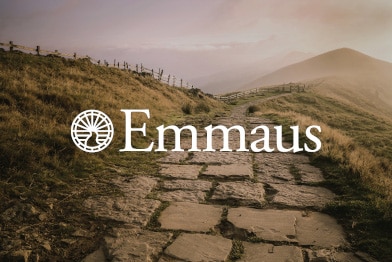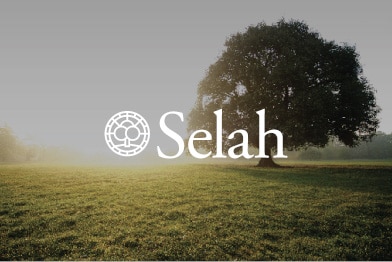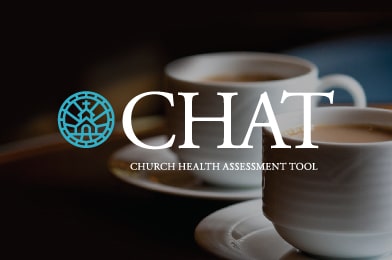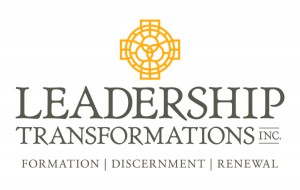A transformed leader means a transformed organization.
LTI exists to cultivate vibrant spirituality and attentive discernment in Christian leaders and their teams. As leaders and learners slow down, they experience a deep and refreshing connection to God. And as a result, they become more of who God has made them to be and are powerfully positioned to transform their communities and advance the kingdom of God.
Online Soul Care Events
We offer a number of soul care retreats and workshops to help you tend to your soul from home.
Resources
We believe, when leaders have the right resources to help them experience a deep and refreshing connection to God, they are powerfully positioned to become leaders that are transforming their communities and advancing the kingdom of God. Explore some of our resources below.
The Missing One Another
The “one another” passages in the New Testament are my favorite way of
Sign up to receive PATHWAYS
LTI’s weekly newsletter containing resources, soul-enriching content,
and practical training for your journey.










